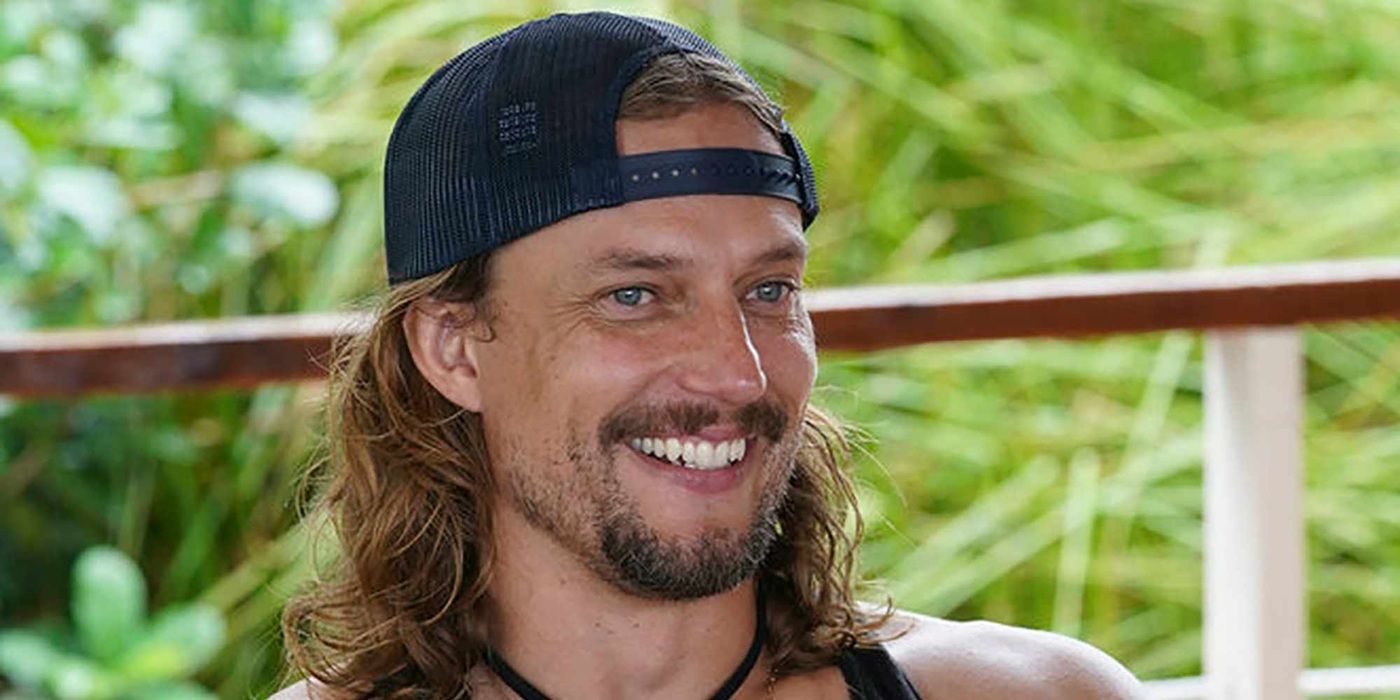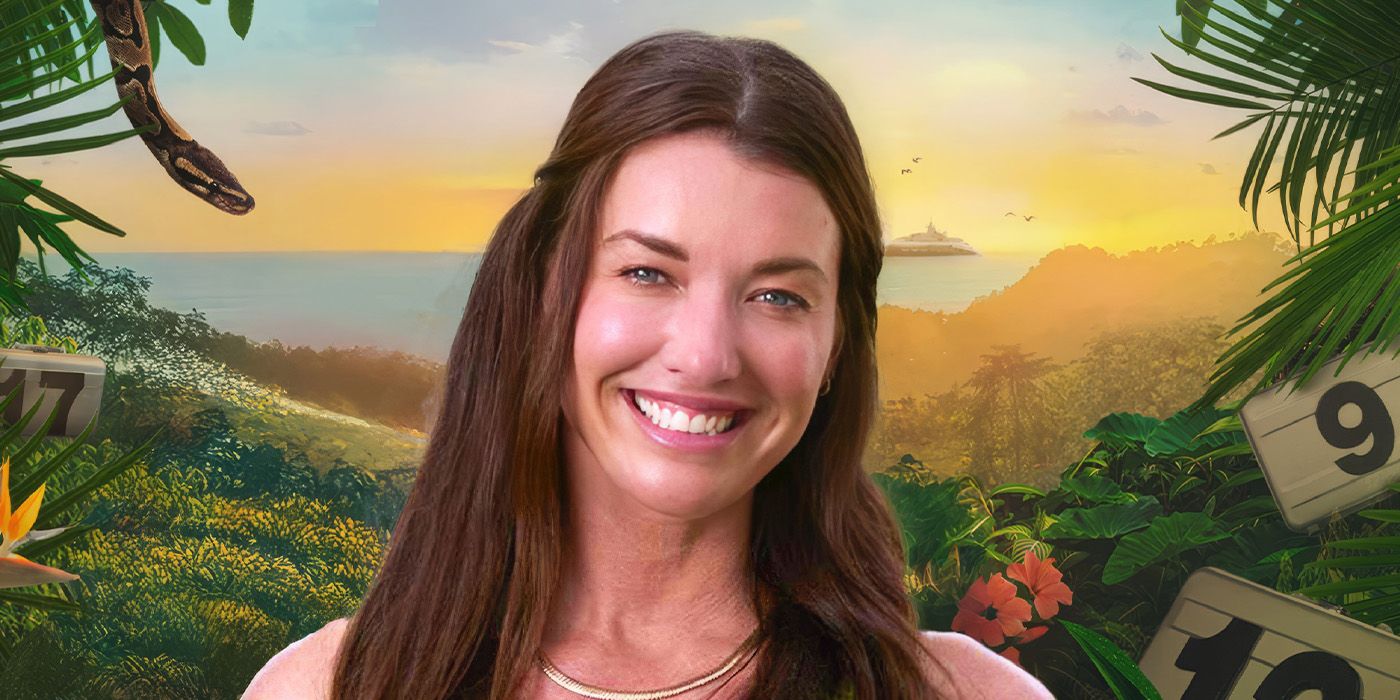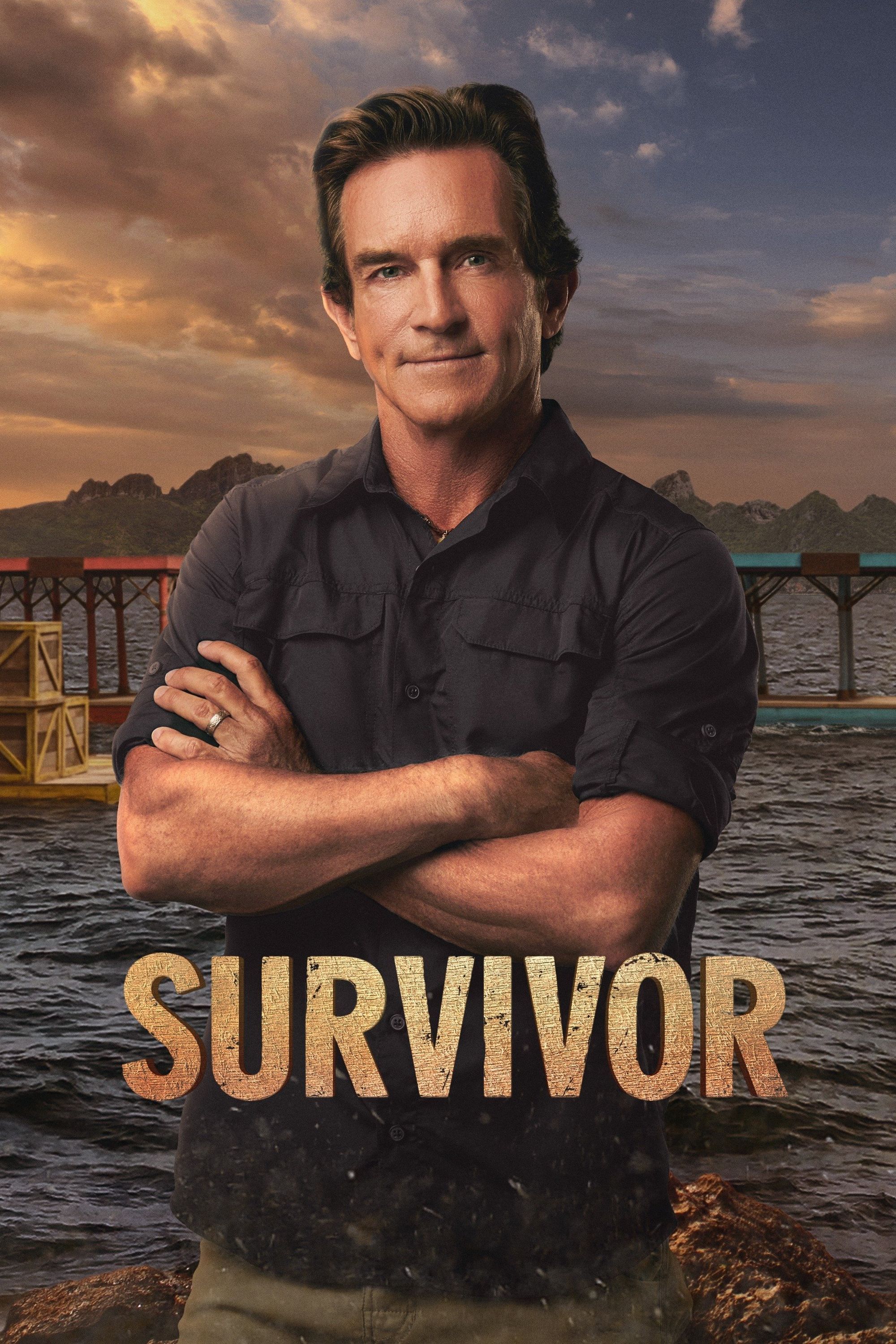Visibility is important in media. Audiences need someone they can identify with. Not always have we been fortunate enough to see individuals who represent all of us, especially on reality television. As it just so happened, two network reality shows featured two individuals who stutter. Furthermore, it was discussed on screen. For the first time on network reality television, visibility for individuals impacted with speech differences are highlighted in a positive light.
On Deal or No Deal Island Season 2, it is Phillip Solomon. On Survivor 48, it’s Mitch Guerra. Phillip spoke up about his struggles growing up as a child, due to the treatment he received as an individual from multiple marginalized communities, and how he has overcome it. His stutter is just part of who he is. Mitch Guerra shared his story, coming off like a superhero on screen. The power of these two individuals going out on their own island adventures while representing people who need to see themselves has not gone unnoticed. The pair shared an Instagram post together that has helped amplify the power of their moment for representation. It has inspired me to continue to share their story and the impact it’s making. I was fortunate to speak with Guerra and Solomon about how this moment in reality television history has become something they had never seen before and why it’s taken so long.
First, we need to back up a moment and properly identify the terminology and language that is respectful not only to both Guerra and Solomon but also to the community at large. “Stuttering is a communication disorder that disrupts the flow of speech,” Guerra shared with me. Solomon said, “The National Stuttering Association, in addition to the significant portion of people who do stutter, commonly refer to the community as PWS.” PWS refers to “people who stutter.” Solomon continued, “I just prefer ‘speech differences’ because I believe that it leaves room for everyone, and this seems like an opportunity to foster inclusion and support for anyone who approaches language differently.”
Phillip Solomon and Mitch Guerra Use Their Stutter as a Superpower
For us following at home, during the very first episode of Survivor 48, we were introduced to Mitch Guerra. He was an eager and excitable castaway, but as soon as he began to speak, we instantly knew that he was unlike anyone we’d seen on this platform before. Immediately, he became our primary human interest story. Acknowledging how the island had been calling him way back since Survivor: Amazon when Christy Smith competed as a player who was partially deaf. As he jokingly called out the show for taking them a long time to bring him on, his recognition of seeing a player, like himself, who had a challenge unlike other castaways inspired him. Whether realizing it or not, he took the torch from Smith and became that person she was to him for someone else. Discussing his speech impediment, Mitch’s conversation at the Marooning Challenge helped set the tone not only for his journey on the season but for the entirety of Survivor 48. Like Eva Erickson, a castaway who has autism, the season is built around individuals who are inspiring others by not allowing their personal challenges to hold them back.
On Deal or No Deal Island Season 2, Phillip Solomon’s journey was slightly different. He presented himself as a strong individual who has faced adversity in his life, as an individual who happened to check off multiple boxes as someone from multiple marginalized communities. As the source behind the season’s brilliant meme-making verbal smackdowns, viewers didn’t know how having a stutter was a part of Phillip’s story. “My stutter was not a huge part of the filming process, mostly because I wanted to stay true to my personal journey and my story. In my life, day to day, I acknowledge adversity and I overcome adversity, to achieve a growing list of goals and objectives, and I didn’t want the show to be any different,” the DONDI star revealed. “I felt that using my speech as a storyline or a crutch to get further in the game would classify me as a ‘stuttering person’ instead of ‘a multi-faceted person who happens to have a stutter.’“
For Guerra’s Survivor story, it began during the audition process. His stutter has been a part of who he is. There wasn’t a way to hide it, nor would he want to. “Personally, I’m a person who stutters, and I openly embrace that part of my identity. It’s a struggle, but it has also shaped my worldview and how I navigate the world,” the Survivor star said. “My stutter has significantly influenced how I approach the world and how I interact with others. But I also made sure to share the other aspects of who I am that make me unique,” he continued. Stuttering is just one part of my story, not the whole story. I knew there had never been someone on a CBS reality show who stutters, so I wanted to be the first.” And he was.

Related
“Didn’t Want to Play It Safe”: ’Deal or No Deal Island’s David Genat Wins Historic Haul
“It’s everything to me.”
Mitch Guerra on Why ‘Survivor’ Waited To Share His Stutter Story
While Guerra’s journey seems far from over on Season 48, his ability to discuss his stutter on screen has been featured multiple times. First, host Jeff Probst took a moment to talk with the castaway prior to a challenge to discuss how he should speak with Guerra when he speaks. The respectful conversation is the first of its kind. Like Eva Erickson alerting Joe Hunter as to what he should do when she experiences one of her episodes, Mitch Guerra was able to educate Probst, his fellow castaways, and viewers at home on why it’s important to allow him to finish speaking and not try to interrupt to help. Then, thanks to his story, Guerra was able to have a one-on-one conversation with his new tribemate, Cedrek McFadden, who confided in him about his own past. Guerra shared, “When Cedrek shared that with me, I felt an immediate connection. I knew he would understand me deeply, especially in terms of how difficult it is to play Survivor as a person who stutters. He would get the iceberg analogy – how the visible struggles are just the tip of the iceberg, with much of the challenge being hidden beneath the surface. I was grateful to know Cedrek understood the internal struggles, fears, and anxieties that come with living with a speech difference.”
With both individuals’ stories present on screen, they’ve acknowledged how important it is. “Kids like us never had people to look up to, to see an example of overcoming adversity and using speech differences as a superpower,” Solomon shared. “Visibility and representation are so important to communities like ours. For all of us who have been encouraged to hide, or told that ‘we didn’t have to speak to be successful,’ it’s amazing to see a world in which we are valid, seen, and most importantly, understood.“
Guerra had a similar opinion as to why it’s taken such time for some in the stuttering community to find the courage to present themselves on screen. “First, many people who stutter may not feel comfortable putting themselves out there in such a vulnerable way, which limits the pool of applicants who could be selected. It’s daunting to expose yourself to public scrutiny, especially when there’s fear of judgment. A reality TV interview is often nerve-wracking, and for someone who stutters, putting your best foot forward in a short interaction where they’re only judging you based on what and how you communicate can be incredibly challenging,” he said. “Second, casting for these shows is highly competitive, and you need to be a well-rounded, compelling person. Stuttering can carry negative stereotypes, like being seen as uneducated or a poor communicator. These stereotypes might unintentionally impact casting decisions, even though they don’t reflect the true potential of people who stutter. Personally, I’ve applied over the course of a decade, so multiple people had seen and interacted with me over the years, which allowed me to show my growth not only as a person who stutters, but in my personal journey too.”

Related
The Black Widow breaks down her experience on ‘Deal or No Deal Island’ Season 2.
Reality Television Is for Real Stories
Even though their stories have seen the light, the doors they’ve opened know no bounds. Whether it’s Survivor, Deal or No Deal Island, or any other reality program, Mitch Guerra and Phillip Solomon’s presence on national television builds upon the importance and necessity of visibility in media. “By being on Survivor, I’m showing others that your speech difference doesn’t have to limit your dreams. Just because no one else like me has played Survivor before doesn’t mean it’s impossible – it just means someone has to be the first,” Guerra opined. “I hope my story inspires others to pursue their dreams, no matter the challenges they face. Just because you struggle doesn’t mean you can’t succeed; it just might look different for you than for others. I want others to know that, no matter their struggles, they can do hard things, feel empowered to be themselves, and still pursue their dreams.”
It’s unfortunate that there may have been a fear holding individuals back from sharing their voice on screen. As someone who was proudly unafraid to express what some are fearful of saying, Solomon put it simply: “I don’t think our stories have been featured on a mainstream platform because it makes people uncomfortable and scared. Knowing that stuttering alone affects 70 million people worldwide, including more than 3 million Americans, I think it has always been treated as an inconvenience, rather than an attribute. I hope that many more people use our presence as a sign to not only audition for experiences like this, but not allow themselves to be held back based on societal expectations. We have to remember that, at its core, reality television is about real experiences and real people who have real difficulties, and our stories are just as valid as anyone else’s.”
It’s important to tell all stories on reality television. We learn and grow ourselves by seeing others share their experiences. If we don’t share the experience of these two incredible individuals, we can relate to what it means to be brave. Phillip Solomon and Mitch Guerra are helping others see their stutters as something that’s not a hindrance. It’s part of their arsenal of superpowers. They’ve allowed this monumental moment to prove they can be exceptional contestants who may just be a little different from you and me. “I hope that seeing Phillip and me thrive in these shows encourages others with speech differences to believe they can do it too. It’s important to show that while we may face struggles, we are also more than capable of excelling in competitive, social games and performing in physical challenges,” said Guerra.
“Our castmates have been incredibly respectful, treating us as whole individuals, not just people with speech differences. I hope that this representation shows others that they, too, can have a seat at the table and be accepted for who they are.” The beauty of the reality television genre is its ability to share everyone’s story. And there are certainly many more stories to share. The casting teams for both Survivor and Deal or No Deal Island, as well as shows within their team’s umbrella, have done an extraordinary job in recent years, ensuring that the shows we watch represent the people who watch them. Mitch Guerra and Phillip Solomon, thank you for your bravery. You have inspired more than you can possibly imagine.
Survivor airs Wednesdays at 8:00 pm on CBS.




















